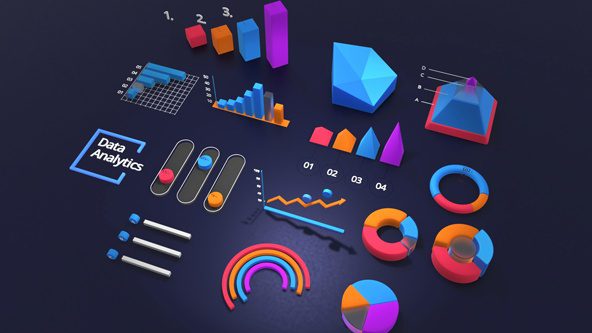Analytics and EBHR
HR and Big Data Rule 1 – Drive your analytics from the business issue not the data
Nick Holley, CRF Director of Learning
In data analytics as in everything we do at CRF we always put the business first. This will be a core theme in our upcoming On Demand analytics programme: how do we use data to help HR solve business problems? If I’m honest too much of the so called ‘HR analytics’ I see is actually HR reporting. Reporting data with little analysis and very little relevance to anyone outside HR. We shouldn’t start with the data we collect but with the business issue.
Let me start with a story:
You are walking down a street at night and come upon someone under a streetlight scrabbling around on the ground. You ask them ‘what are you doing?’. They reply ‘I’m looking for my car keys’. So, you ask them did you drop them here?’. They reply, ‘No I dropped them over there but it’s dark so I’m looking here in the light where I can see!’. This is the first problem with big data. We are so fascinated by the data we have (I can see under the light) that we analyse it without understanding what the business issue (starting my car) is we are trying to solve.
These quotes from my research interviews further highlight the issues:
- ‘There needs to be a problem to be solved; on its own big data won’t get us anywhere.’
- ‘Analysis for analysis sake is useless; the only judgement is do you do anything with it that makes money?
- ‘We need to stop data mining for fun we should only do it if there’s a sponsor.’
- ‘The critical mindset is the appreciation of the competitive business advantage Big Data analysis can provide.’
- ‘Focus on business analytics not data, clear priorities, simplicity vs bells and whistles, take some risks to open minds to opportunities, focus on highest value, embed insights, build capability.’
- ‘The mindset is “it’s not data for HR” but “data for the business” that provides insight at the C table.’
- ‘Be really clear about the main business drivers where through analytics you can impact business performance. Then you can connect and get real traction.’
- ‘If HR is to get anywhere you have to have a deep sophisticated understanding of the value chain. Only from there can you ask sensible questions. Unless you ask sensible questions you’re nowhere in analytics.’
This is probably my single most important insight. The key to successful HR analytics initiatives is to drive action from business problems where insights gained from HR analytics can be applied to drive business performance.
In many cases the current data collected by HR (sickness and absence, turnover, diversity, grades, training days etc) isn’t relevant. It doesn’t answer the need to identify and mitigate critical people and organisational risks to the business strategy. CEOs care about addressing talent constraints not attrition and absence. But we see a lot of functions driving their HR analytics activity from left to right, from the data to the business issue:

- We have loads of data how can we analyse it?
- How can we generate a data pack so we can show the business all the HR statistics we think they need
Rather than right to left from the business issue to the data:

- What are the challenges the business is facing?
- What can we do about them?
- What insights can we create that will help us address these challenges?
- What analysis needs to be carried out and how can we present this data in an insightful way that will engage the business in taking actions to address these challenges?
- What data do we need to collect?
The mindsets of, and the language we use within, HR are the keys here. We need to think not about producing but about translating, not generating reports but generating insights. We need to think in terms of how will this analysis provide insights that, if action is taken, will increase the chance of something happening that impacts business performance?
CRF Learning’s upcoming On Demand module Workforce Analytics and Storytelling will launch in July. Contact clive@crforum.co.uk to register your interest and find out more.





